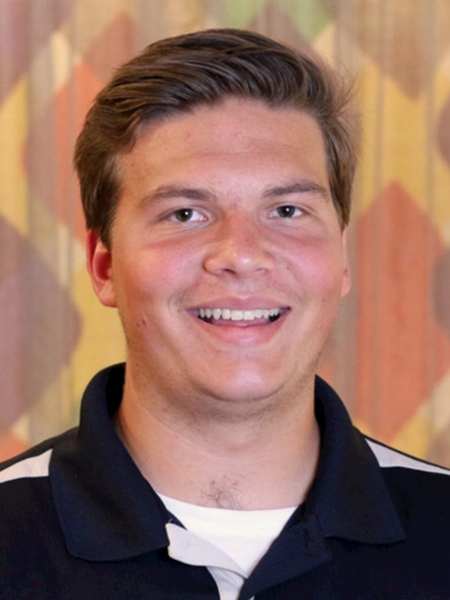ECE research wins Best Paper at PECI

A paper based on research from Purdue University’s Elmore Family School of Electrical and Computer Engineering has won Best Paper at the 2022 IEEE Power and Energy Conference at Illinois (PECI). ECE grad student Dakota Hamilton is first author on the paper, entitled “Improving Microgrid Short-Term Stability via Model-Predictive Control-Based Setpoint Adjustment.” Co-authors are Dionysios Aliprantis, professor of electrical and computer engineering, Steven D. Pekarek, Dr. Edmund O. Schweitzer, III Professor of Electrical and Computer Engineering, and Greg Zweigle, R&D Fellow Engineer with SEL.
This research introduces a model-predictive controller (MPC) for synchronous generator-based microgrids to enhance voltage, frequency, and transient stability in fast timescales.
“We have developed this controller for industrial power systems, such as those found in a chemical processing plant or oil rig,” says Hamilton. “Our research helps to ensure the stable and reliable operation of such power systems, while also reducing the engineering costs and challenges associated with conventional control methods.”
Aliprantis describes it as akin to a “Formula One driver” type of control.
“These drivers know the circuit inside out, and can plan in their minds the optimum actions over the next few turns (when and how hard to brake, how to turn the wheel, activating the rear wing to pass, etc) that will make them go as fast as possible,” he says. “Meaning that they do not only see the road right ahead, like most of us do when driving, but they have the capability to strategize like a chess player several moves (or turns) in advance. They are also able to react very quickly (and safely, without crashing) to disturbances that come their way. In my mind, we are trying to develop something similar for a power system.”
Hamilton says in practice, due to the complexity of these power systems, it can be extremely difficult to determine the optimal control actions to take when a disturbance occurs.
“Our ‘Formula One driver’ control approach helps us perform the necessary calculations in an efficient manner and allows us to react in ‘real-time’,” he says.
PECI is an international IEEE conference approved and technically sponsored by the IEEE Power Electronics Society (PELS)/Power and Energy Society (PES)/Industry Applications Society (IAS). PECI assembles students pursuing energy/electronics-related degrees and experts from industry and academia to engage in a forum for technical presentations and professional development.
